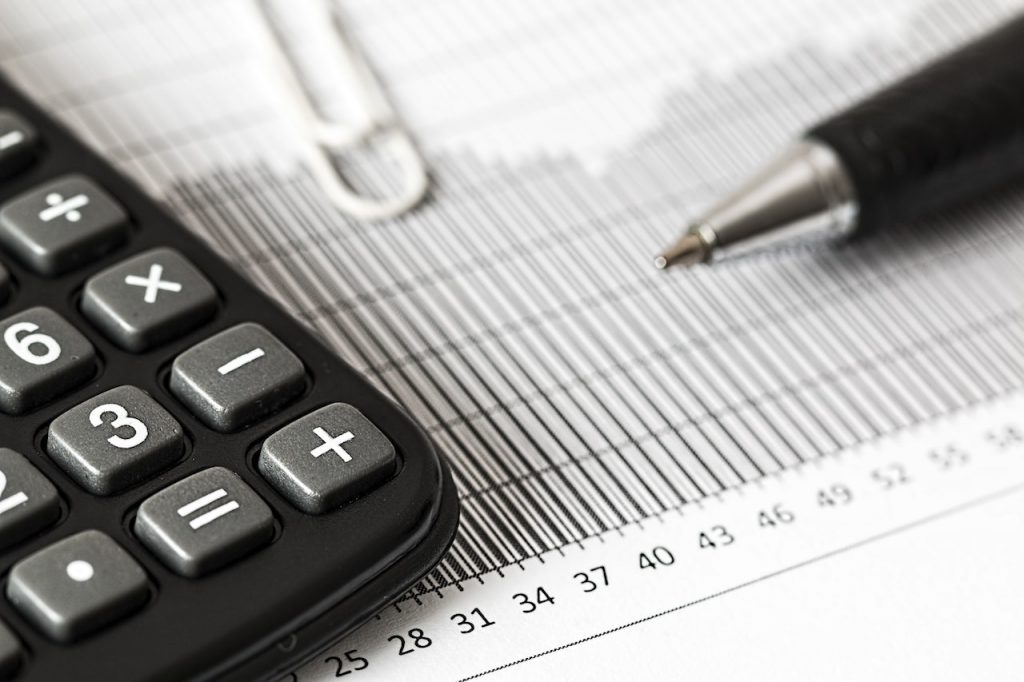Buying your first home is a big step toward financial stability and independence. And if you’re new to the process, it’s essential that you understand the various aspects of homeownership including real estate taxes and fees. By doing so, you can set expectations on the monetary responsibilities that come with your house and create a budget around them.
Generally, home-buying guides offer basic insights into what goes on during the purchase journey. In this guide, however, we break down the complexities of real property tax in the Philippines—helping you navigate this financial obligation.
So, What is Real Estate Property Tax?
Commonly known as “amilyar” in the Philippines, property tax is a local government levy for property owners. This tax is a resource for local government units (LGUs) used to fund various government services for the benefit of your community’s development.
To have a better understanding of real estate property tax, here are some of the factors that influence the computation of your property’s taxes:

Real Property Classification
Real property tax rates in the Philippines depend on the classification of your real property. There are several classifications that determine where your property falls under, and each category has a specific tax bracket determined by the LGU where the property is located.
- Residential Property: This category includes homes, apartments, and other residential structures.
- Commercial Property: These properties generally encompass businesses, offices, and retail spaces.
- Industrial Property: Factories, manufacturing facilities, and warehouses are considered industrial properties.
- Agricultural Property: These are agricultural lands, farms, and rural properties.
- Mineral Property: Areas with valuable mineral resources fall under this property classification.
- Timberland Property: These are lands primarily covered by trees and are intended for timber production.
Of course, with homeownership, your property falls under the residential classification. As long as the property’s purpose is to be a dwelling, it falls under the residential classification.
Property Value Assessment
Property tax is computed based on the assessed value of your property and is determined by your LGUs assessor’s office. This assessment is based on the fair market value of your house, its location, and any home improvement you may have made. Typically, LGUs conduct property assessments every three years, however, it’s still best to ask your local government office for their schedules.
According to Section 218 of the Local Government Code of 1991, these are the assessment levels properties are based on if it’s on land:
- Residential: 20%
- Commercial: 40%
- Industrial: 50%
- Agricultural: 50%
- Mineral: 50%
- Timberland: 20%
So, to compute the assessed value, let’s say your dream home’s fair market value is ₱10,000,000 overall including the land and the structure built on it. The computation for the assessed value is the property’s fair market value (₱10,000,000) multiplied by the residential assessment level (20%). This equates to ₱2,000,000––which is now your property’s assessed value.

Tax Rates and Computations
To calculate your annual property tax, you’ll need to multiply your property’s assessed value by the applicable tax rate set by your LGU. These tax rates can differ depending on the classification of your property, so it’s essential to verify the specific rates with your local assessor’s office.
To give you a ballpark figure, Section 233 of the Local Government Code of 1991 dictates standard rates of levy per location. The code says that a province, city, or municipality within the Metropolitan Manila Area should fix a uniform rate of basic real property tax applicable to your respective locality:
- Province: 1% or less of the assessed value of the real property
- Metro Manila: 2% or less of the assessed value of the real property
To compute the amount of your property tax, let’s say your house is in Parañaque City. And if we use the previous example, your home’s assessed value is ₱2,000,000. Since Parañaque is within Metro Manila, your tax rate should be around 2%. So, if you multiply ₱2,000,000 by 2%, your real estate property tax can amount to ₱40,000 per year.
For properties located in the Greater Metro Manila area, the tax rate can still be at 2%. So, if you acquire a house and lot for sale in General Trias, Cavite in the Philippines, you should estimate your tax fee using the Metro Manila rate. However, you should confirm the final rate with your LGU in case it might be lower.
Additional Levy on Real Property for the Special Education Fund
As it says in Section 235 of the Local Government Code of 1991, LGUs have the right to an additional levy and collect an annual fee of1% on the assessed property value. This tax then goes to the Special Education Fund that benefits your area’s public schools.
So, using the earlier example, if you get 1% of your property’s assessed value of ₱2,000,000, you get ₱20,000. This ₱20,000 is now added to your real estate property tax of ₱40,000 amounting to a total of ₱60,000––which is the total real estate property tax you pay annually.
Of course, as the code dictates, this rate is dependent on your LGU. It’s best to clarify the breakdown of your real estate property tax with your assessor to know exactly how your taxes are calculated.

When Should Real Estate Tax Be Paid?
Property taxes are usually paid annually on or before January 31st of every year. You are given the option to pay it in full or through installments paid on the last day of each quarter. Generally, if you pay early and in full, your LGU can grant you a discount of 20% or less on the annual tax due.
Any late payments of the real estate property tax are subject to a 2% interest per month of the unpaid amount until you are fully paid. However, the accumulated penalties cannot exceed the interest value of 36 months.
How Do You Pay for Real Estate Taxes and Fees?
To pay for your real estate property tax, you can go to your local government office and head to the treasury. All you need to bring is your latest tax declaration and official receipts (OR) from when you paid your property tax previously.
Now, if you’re a first-time homeowner, you have to get a copy of the past year’s tax declaration and official receipts from your real estate developer. These are usually given to you during your new home’s closing, as the developer turns over the property to you officially. If you have an existing bank loan, you can also ask your lender for the tax declaration and ORs.
Make sure to bring at least two copies of these documents and photocopies of your valid IDs. Generally, government offices only accept cash payments. However, you can ask your LGU if they accept other payment modes like bank transfers or online payments.
If you bought a house and lot for sale in the Philippines for OFWs, you don’t have to worry about how to make the payments. Even when you’re not physically present due to work obligations, you can ask a person close to you to go to the office and pay on your behalf. Just provide a signed authorization letter for them with copies of both your IDs in case the LGU asks for it.

Why Should You Pay Real Estate Tax?
Paying your real estate property tax is both a legal obligation and a wise investment for your future. They’re used for your community’s development and your property’s protection. To understand more about what it’s used for, here’s a list of areas where your property taxes are applied:
Funding Local Services
One of the primary reasons to pay real estate tax is to contribute to the funding of essential local services. These services directly impact the quality of life in your community and include:
- Education: Real estate tax helps finance local schools, ensuring that children in your area receive quality education.
- Healthcare: The tax fees support healthcare facilities and services, making medical care more accessible to the community’s residents.
- Infrastructure Development: Property taxes fund the construction and maintenance of roads, bridges, and other critical infrastructure that enhances your community’s connectivity.
- Public Safety: Police and fire departments rely on funding from real estate property taxes to provide security and emergency response services.
Property Protection and Ownership Rights
Aside from paying for community services, your real estate property tax also safeguards your property rights.
- Clear Title: Paying your real estate tax ensures that you maintain a clear title to your property. This title establishes your legal ownership and protects your right to possess, use, and dispose of the property.
- Prevents Tax Liens: If you’re wondering what happens if you don’t pay your real estate tax, the answer is it can result in tax liens on your property. A tax lien is a claim made by the government for unpaid taxes. Clearing these liens can be complicated and costly.
- Avoids Legal Disputes: Consistently paying your real estate tax helps prevent legal disputes over property ownership or claims from the government.
Overall, paying for your real property taxes and fees ensures your community’s development. This gives your local government the means to care for all the residents in your area, ensuring each one has access to the facilities in the community and is protected.
Buying Your Dream Home with Minami Residences
As a homebuyer in the Philippines, learning about real estate property tax is a vital aspect of responsible homeownership. By understanding the different factors that go into tax computations, you can navigate this financial obligation with confidence and contribute to the improvement of your local community.
Here at Minami Residences, we are dedicated to assisting you in your journey of purchasing your dream house. With our services, we can guide you through the home-buying process and advise you on all the aspects you need to know as a homeowner. We can walk you through the complexities of tax payments and help you understand the obligations of homeownership.
Get in touch with us today and check out our premier pre-selling house and lots in General Trias and experience our high-quality service!
